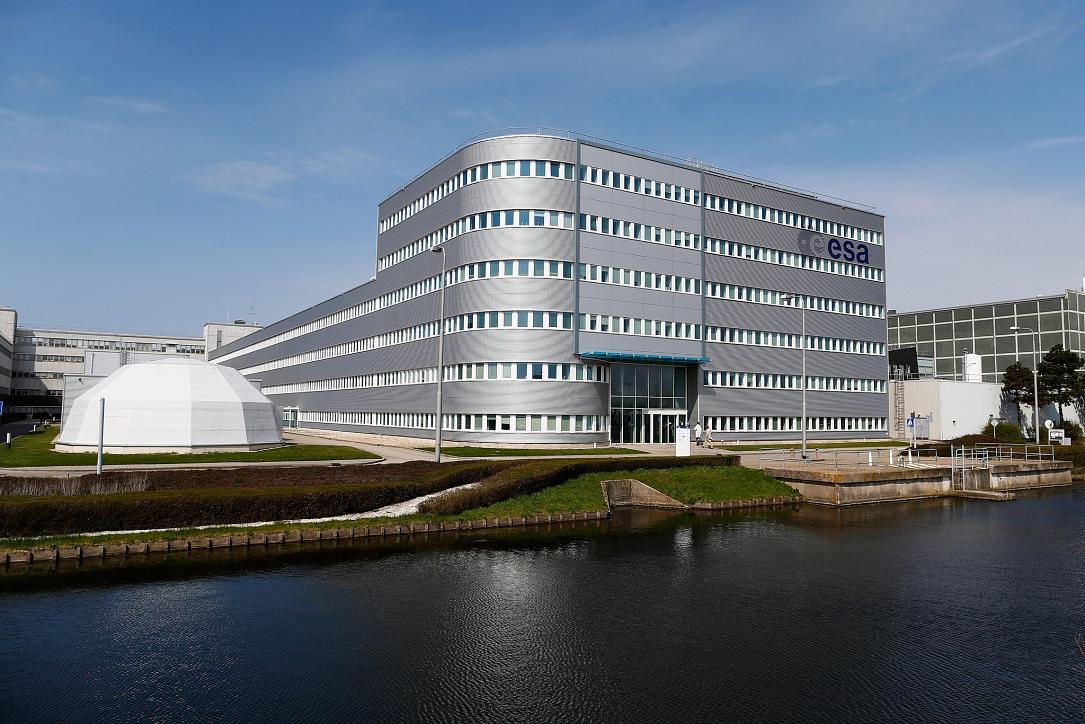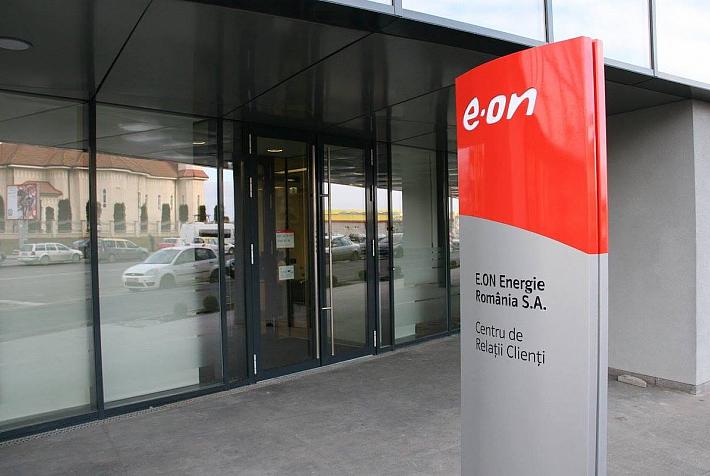Romania pays debt to European Space Agency, regaining lost voting rights

The Romanian government recently greenlit a payment of RON 330 mln (EUR 67 mln) to the European Space Agency (ESA). The sum represents Romania’s outstanding debt to the Agency, and covering it will mean that Romania regains its voting rights in the organization.
The Ministry of Research, Innovation, and Digitalization, through which the payment was made, argued that if Romania were to have been left without voting rights for longer, it would have impacted the national industry.
Romania was left without voting rights in the ESA and its program committees in July 2018 due to the government failing to cover membership costs during previous years. Romania is the only state in the history of the ESA to have its voting rights suspended.
“Due to the government’s decision, Romanian researchers and companies will once again be able to be part of European projects for the exploration and conquest of outer space,” said research minister Sebastian Burduja, cited by G4Media.
The EUR 67 mln payment covers Romania’s contributions for 2019, 2020, and part of 2021. The total contributions that Romania has to make to the ESA for the period 2019-2022 is EUR 102 mln. The remaining payments will be made by December 31, 2022.
The ESA works according to the fair-return principle, which allows Romania’s financial contributions to be returned to the country in full in the form of contracts between the Agency and Romanian entities. The resulting intellectual and industrial property, moreover, remains in the country. Roughly 86% of the contributions that Romania has paid to ESA have so far been returned to it.
More than 294 Romanian companies, both state and private, and universities, can sign contracts with the ESA. Over 250 such contracts have been made in the last four years. They have allowed Romanian entities access to ESA technologies for research, educational, and industrial purposes.
Beyond the direct benefits of the amounts contributed to ESA by Romania, there are major indirect economic benefits, with European studies cited by G4Media indicating a multiplication factor in the economy of at least 6, meaning that each EUR 1 invested generates at least EUR 6 in the national economy.
(Photo source: ESA on Facebook)













